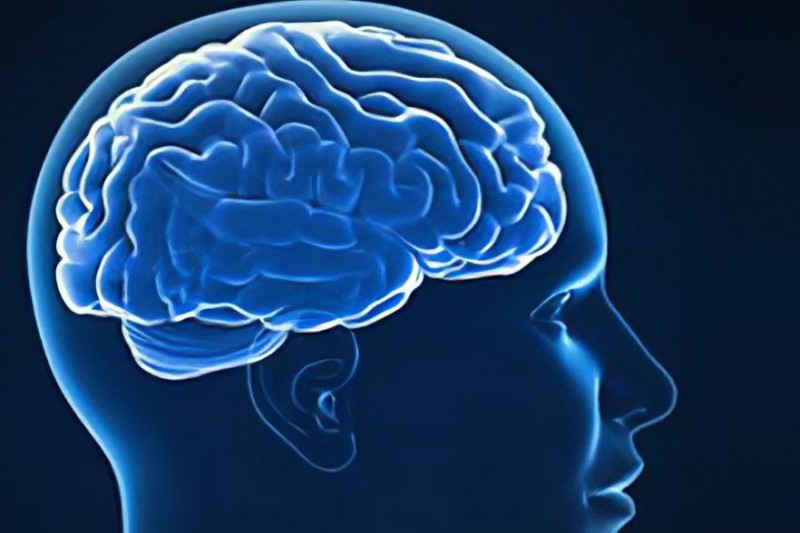
Sodium, often overlooked compared to other nutrients, plays a crucial role in maintaining optimal bodily functions, particularly in the brain. Experts emphasize its significance, noting that inadequate sodium levels can have profound effects on cognitive health and overall well-being.
The Role of Sodium in the Body
Sodium is an essential mineral responsible for regulating fluid balance, muscle contraction, and nerve impulse transmission. In the brain, sodium ions are critical for maintaining the electrical potential necessary for neurons to communicate effectively. This communication is fundamental to cognitive processes such as learning, memory, and decision-making.
Ideal Sodium Levels and Hyponatremia
For a healthy individual, the recommended sodium concentration in the blood ranges between 130 to 140 milliequivalents per liter (mEq/L). When sodium levels drop below this range, a condition known as hyponatremia occurs. Hyponatremia can result from various factors, including excessive sweating, diarrhea, certain medications, or inadequate dietary intake of sodium. It leads to an imbalance in fluid levels, causing cells to swell due to the influx of water. This swelling, especially in the brain cells, can impair their function and lead to symptoms ranging from mild confusion and headache to seizures and coma if left untreated.
Symptoms of Sodium Deficiency
The symptoms of sodium deficiency primarily manifest in mental and physical health. Mentally, individuals may experience difficulty concentrating, memory problems, irritability, and mood changes. Physically, fatigue, muscle cramps, nausea, and headaches are common symptoms. Severe cases of hyponatremia can lead to life-threatening situations, emphasizing the critical role sodium plays in maintaining overall health.
Preventing and Addressing Sodium Deficiency
Experts recommend several strategies to prevent and address sodium deficiency:
Balanced Diet: Incorporating foods naturally rich in sodium, such as table salt, dairy products, seafood, and certain vegetables like spinach and celery, can help maintain adequate sodium levels.
Moderate Salt Intake: While salt (sodium chloride) is a primary source of sodium in the diet, excessive consumption can lead to health problems such as hypertension. Experts advise consuming no more than 5 grams of salt per day, which is equivalent to about one teaspoon.
Hydration and Electrolyte Balance: Maintaining proper hydration and electrolyte balance is crucial, especially during periods of increased physical activity or exposure to hot weather when sodium loss through sweat is higher.
Medical Attention: Individuals experiencing symptoms of sodium deficiency should seek medical advice promptly. Diagnosis typically involves blood tests to measure sodium levels and identify the underlying cause of deficiency.
In conclusion, sodium deficiency can significantly impact brain function and overall health. Understanding the importance of sodium, maintaining a balanced diet, and moderating salt intake are key steps individuals can take to prevent deficiencies and promote optimal cognitive and physical well-being. By prioritizing sodium as a vital nutrient, individuals can better support their brain health and enhance their quality of life.
Beware of These Four 'S': They Can Easily Hike Your Blood Pressure
Samsung Galaxy Ring: The Tech Giant's First Smart Ring Launching on July 10
Fatty Liver Disease: A Growing Health Concern in India